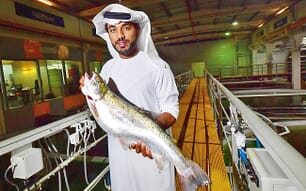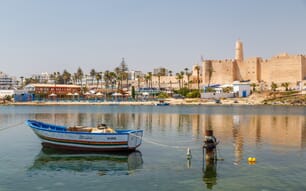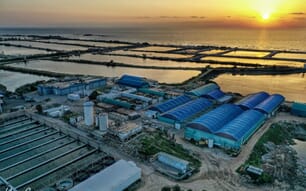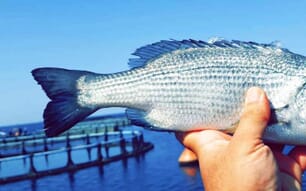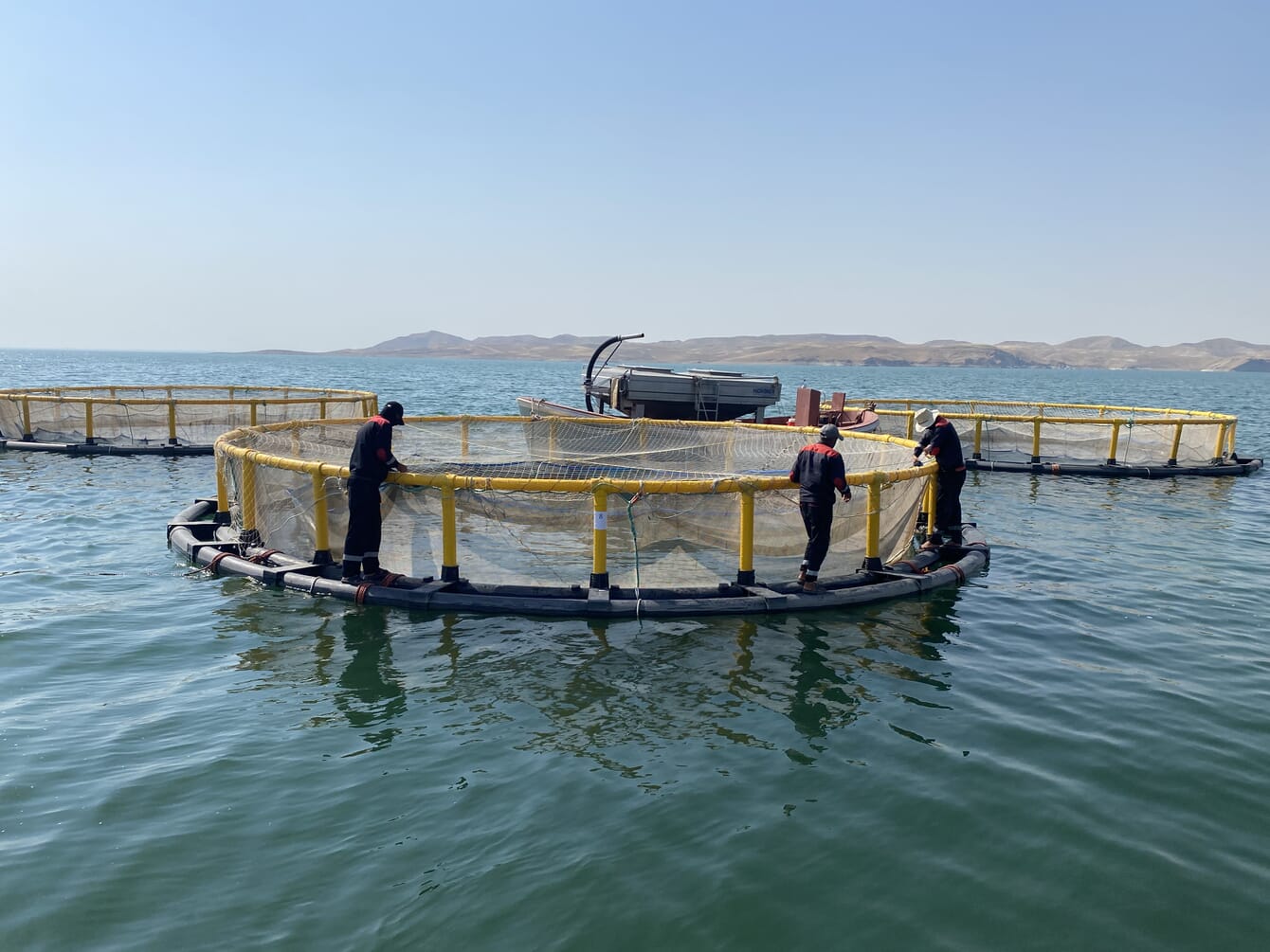
© The Hajar Group
Dr Shokri Omar Mustafa, one of the project’s key consultants, discusses the key milestones and challenges, as well as his ambition for the region to become Iraq's aquaculture capital.
Can you briefly describe your aquaculture career?
I hold a PhD in Aquaculture from Al-Firat University, Turkey, and a master's degree from Queensland University, Australia and have over 30 years of experience in aquaculture and nutrition.
My previous roles include serving as the head of the fish resources department at The General Directorate of Agriculture in Duhok and working as the president of the Fish Resources Association in Iraqi Kurdistan. I have also been the director of the Fishance company’s feed mill in Malaysia.
I currently serve as an advisor at Anna Fish Hatchery in Iraq with the Norwegian Refugee Council (NRC) and as an aquaculture and nutrition consultant at Yanabee Delta Company, part of the Hajar Group. I headed the scientific department of the fish farming project in Duhok, eventually becoming its project manager for two years. I continue to contribute to the project as a consultant.
How did the idea of establishing the project start and who are the key players involved?
The Duhok project, which is officially called Al Rafedeen Fish, is the largest fish farming project in Iraq. The project was launched as a private-sector venture affiliated with Hajar Group, receiving logistical, administrative and technical support from the Kurdistan Regional Government.
Currently, Iraq's fish production is approximately 200,000 tonnes per year, while national demand exceeds 450,000 tonnes annually. Al Rafedeen Fish aims to bridge this gap. The project was initially funded with an investment of $10 million, with prospects for further expansion as operations grow.
The project began with the establishment of a scientific department, guided by an integrated team of experts and consultants from Hungary, Iraq, Iran and Turkey, in coordination with the relevant technical teams from the Kurdistan Regional Government. Over time, the entire project has transitioned to being fully managed and staffed by a dedicated team of local technical professionals.
Can you provide an overview of the project?
The project began in July 2021 and it began with a six-month search to identify a suitable location, followed by conducting extensive water and soil tests. After careful evaluation, we selected a site near the Tigris River, close to the Mosul Dam, due to its abundant water resources and favourable soil conditions.
The project spans 229 dunams [1 dunam = 2,500 m2], with 72 dunams dedicated to water areas and 157 dunams allocated for earthen ponds, a hatchery, a closed recirculating aquaculture system, a feed store and administrative buildings.
The project is divided into four main sections, the first focuses on intensive farming in 46 aquatic cages, with varying sizes and depths to accommodate different needs. These cages are part of an ongoing expansion plan, with new cages being continuously added to meet the increasing demand and enhance production capacity.
The second section includes 27 earthen ponds, each covering an area of 2 dunams. Next is the hatchery which is equipped with 160 glass egg jars and 20 incubators.
Finally, there’s a RAS facility which features 60 fiberglass tanks with a capacity of 7 m3 each and 20 tanks with a capacity of 4 m3. The hatchery and RAS unit together cover an area of approximately one dunam.
The entire project focuses on producing common carp, the most popular fish in Iraq. However, we also plan to produce rainbow trout and caviar in the future.
The first phase of the project aims to produce 21 million fish fingerlings and 1,200 tonnes of fish meat annually. Production will increase in stages, with the ultimate goal of reaching 60,000 tonnes.
Where will you source key inputs such as feed and fingerlings?
The fry are now available from our own hatchery, but initially, we sourced them and the broodstock from hatcheries in Baghdad. We currently source our feed locally within Iraq, but there are plans to establish an extruded feed factory to meet the project's growing needs and further enhance production capacity.
What have been the major milestones so far?
We have fulfilled the entire project's requirements for common carp fingerlings and successfully addressed most of its technical and administrative challenges.
What challenges still need to be overcome?
The main challenge we face is koi herpesvirus (KHV), which has spread widely in some areas of Iraq in recent years, causing significant mortality among common carp in many farms. As a precautionary measure, we are working on acquiring the necessary vaccine from abroad.
Who will be the key customers for your fish?
The local markets in Kurdistan, as well as in central and southern Iraq. With ongoing expansion and increased production, and after addressing the local demand, there are plans to export the surplus to the Arab Gulf states.
Could the project be emulated in other parts of Iraq?
Duhok Governorate is rich in natural resources, with abundant water and suitable soil, making it an ideal location for establishing fish farming projects, particularly for common carp. Based on my personal experience, I believe Dohuk has the potential to become the capital of aquaculture in Iraq.
In contrast, other regions in Iraq face challenges related to water scarcity and climate change, making fish cage systems unsuitable for those areas. However, RAS could be an ideal solution for such regions.
What are the main challenges and opportunities in Iraq’s wider aquaculture sector?
One of the key challenges facing Iraq is the ability to address water scarcity issues in certain regions, alongside the spread of KHV which has become widespread since 2018, leading to significant mortality among common carp. To combat this, the government must provide vaccines to strengthen fish immunity and help them withstand environmental conditions and resulting diseases.
Another major challenge is the high production costs, particularly those related to fish feed. It is crucial to focus on ensuring the availability of raw feed materials and the production of byproducts to minimise competition between human consumption and fish for these essential resources.
On the positive side, Iraq has areas with abundant water resources suitable for cultivating both freshwater and marine species. Additionally, the Iraqi people, with their strong inclination towards consuming fish, provide a solid foundation for the success of aquaculture projects.
While there are challenges that the government must address to encourage investment in the sector, there are also significant opportunities to advance and grow the industry.
Does the Duhok project suggest that there is hope for Iraq’s wider economy and food security after such turbulent decades in the country?
The Duhok project could encourage both Iraqi and foreign investors to establish fish farming ventures in the country.
The project has been visited by numerous experts and investors, who were impressed by the progress made in the region, which has been facilitated by government support.
Those interested in finding out more about the project are welcome to contact shokri.mustafa@uqconnect.edu.au
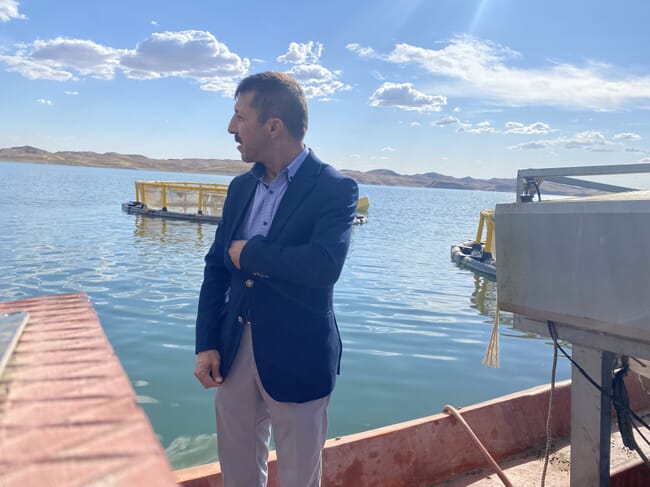
© The Hajar Group
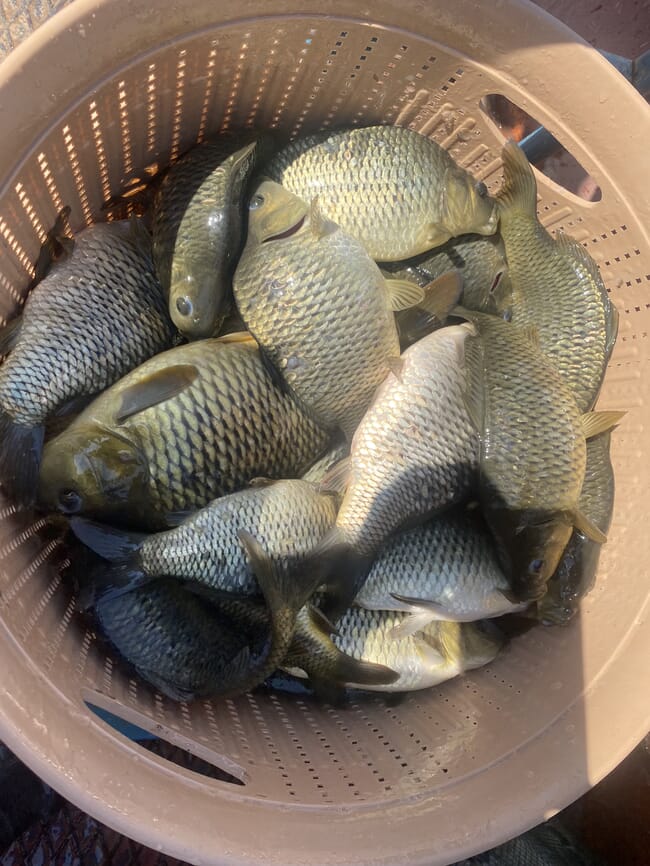
However, rainbow trout are also being considered in the long-term © The Hajar Group
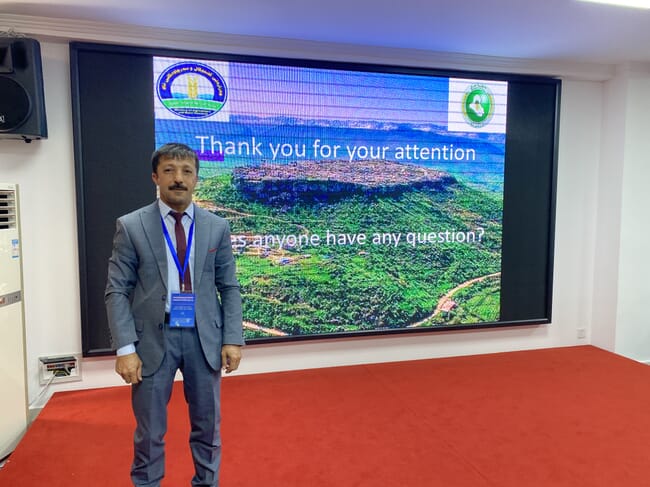
© The Hajar Group

